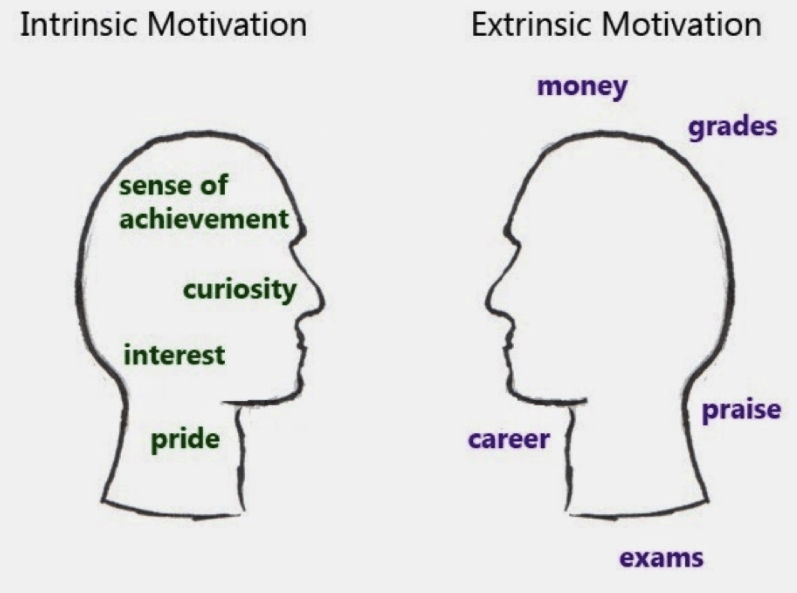Tips to Motivate Your Child
If you are struggling because you think your child is not motivated to do their work, know that you are not alone. Your child is not lazy or dysfunctional. They have just lost their sense of control.
Motivation underlies our behaviors and can be defined as the wants or needs that direct our behavior. Motivation can either be intrinsic (from within) or extrinsic (from outside).
Lack of motivation can come down to a number of things:
- Low self-confidence
- Fear of failure
- Lack of comprehension
- Trouble focusing
- Poor organization skills
Our goal as parents is to help our children become self-motivated students. The aim is to help your child build motivation in a positive way and avoid trying to ‘force’ your child to do better. As a parent, you can inspire your child to become a motivated life-long learner by:
Have meaningful conversations
Make time to have one-on-one conversations with your child. Show honest interest in the things your child is interested in and approach conversation time as a time to learn more about what makes your child tick. Discussions become more meaningful when you listen with intent. It will boost your child’s self-confidence to feel that you are honestly interested in what he/she thinks and does. Often your child’s own solution to a problem behavior might have a better outcome because he/she is invested in having the solution work.
Discuss the joy and benefits of learning
Pay attention to situations where your child or family learn something new. Discuss the joy and benefits of having a better understanding or acquiring a new skill. Talk about how it feels to be able to do something new and how new knowledge enhances understanding of a subject. Share your enthusiasm for learning.
Rewarding careers require investment of time and effort
Discuss with your child your own career journey and how you worked to get where you are now. Talk about the time and effort in terms of studying/ experience/ professional development and how that has enhanced your own career. Together with your child, research someone they admire or a career they are interested in.
The process itself is rewarding even though it involves sacrifices
Help your child gain insight into their own accomplishments by asking questions like “How does it feel to have finished your homework by yourself?” or “How does it feel now that you have completed the project?”. These discussions can lead to the kind of happy atmosphere that makes children want to cooperate.
Dream big and dare to fail
Not only do children (and adults) learn from their mistakes but it helps them become resilient and have the ability to bounce back after difficult circumstances. When children experience the process of making mistakes and failing they gain the necessary skills to cope with setbacks and disappointments when they are adults. Promote a culture in your family where your child will feel secure enough to take risks (dream big) because they feel safe in knowing that it is ‘okay to make mistakes’.
Recognize and celebrate achievements (effort rather than outcomes)
Receiving recognition for the effort you have put into a project can be very motivating. Acknowledge the time and effort your child has put into their work by saying things like: “Wow, I can see that you put a lot of time into making your project look nice” or “I am proud of you for trying different ways to solve that problem!” or “Well done for keeping to your study schedule, I know it took a lot of effort!”
“Commit yourself to lifelong learning. The most valuable asset you’ll ever have is your mind and what you put into it” – Brian Tracy
References
American Psychological Association: https://www.apa.org/science/about/psa/2018/06/motivation
Positive Psychology:https://positivepsychology.com/what-is-motivation/






